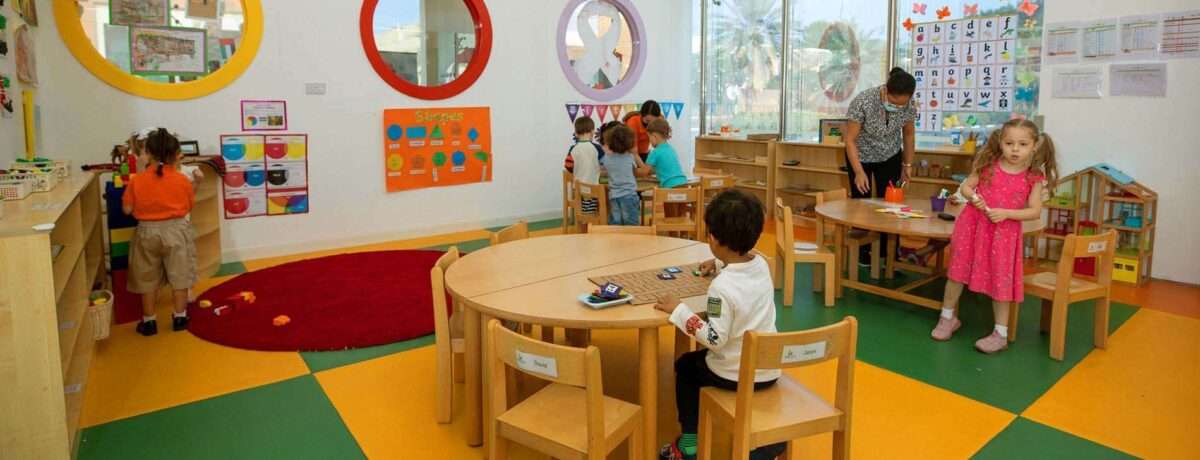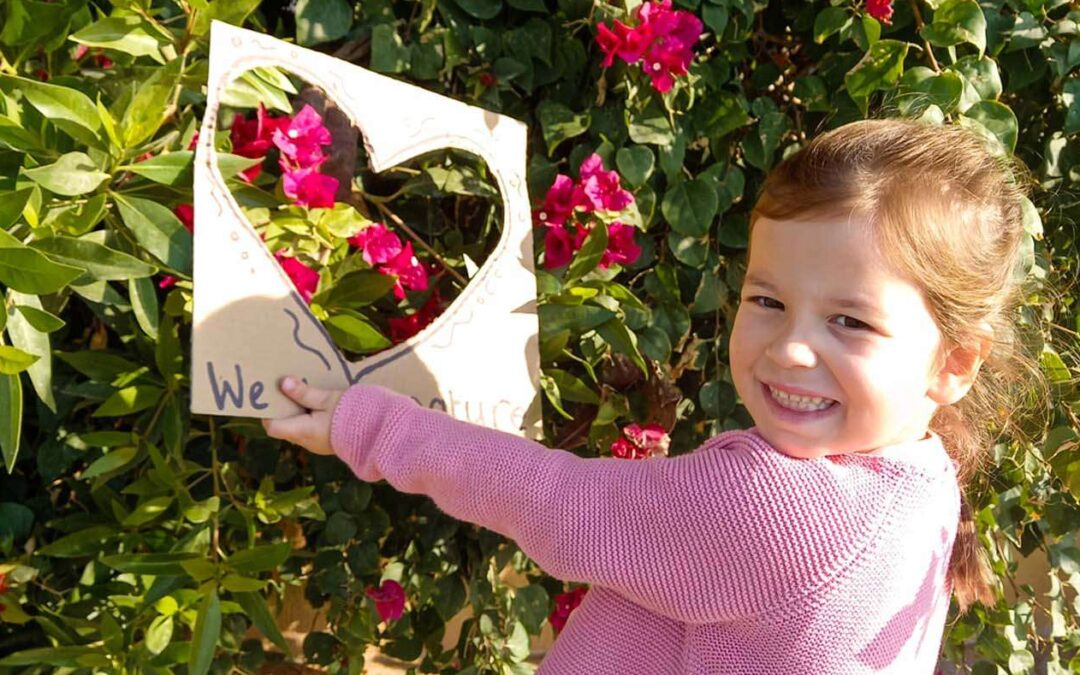When I started putting together this piece on the benefits of nature-centric learning, I was transported back to my childhood days. We used to play outdoors all year round, climb up the trees, play in the mud, explore and even get hurt in the playground. That’s where we learnt our first lessons of team play and resilience.
As a mother and an educationist, I often think about the benefits of outdoor play especially at a time when children are spending more time indoors, getting exposed to gadgets from a tender age. As sedentary lifestyle has started impacting children, the World Health Organisation (WHO)has stressed that children under the age of five must spend more time on active play over screen time. In fact, WHO recommends at least 180 minutes of physical activity for children aged 1-4 years spread across the day, with less than one hour of sedentary screen time.
Interestingly, studies and research conducted around the world indicate that parents are acknowledging the benefits of nature-centric learning. There is growing interest among parents to expose children to the benefits of structured outdoor learning.
Children can learn life skills from nature-centric learning

Nature centric learning exposes children to their immediate natural environment within safe boundaries and with limited adult intervention. This form of learning not only breaks the monotony of only classroom-based learning but also encourages self-discovery and imagination in children.
Importantly, nature-based learning teaches children life skills. Starting with relating to colours and shapes by touching vegetables and fruits to caring for plants. This can be followed by teaching them to gently pluck a flower from a plant. At the age of three or four years, they can also be taught to grow herbs or even milk a cow and make cheese from the milk. Even using natural resources to create fabric can be taught through nature-centric learning.
Nature-centric learning promotes self-discovery in children improving their motor skills and cognitive abilities, while also helping them to connect with and care for the environment.
Leveraging nature-centric learning

Being a Montessori inspired educational institute, at Orange Seeds nursery we strongly believe in the multi-faceted benefits of nature-based learning. From using wooden and natural materials in our setting to encouraging children’s interaction with nature, we are mindful about leveraging this form of learning.
At our facility, children can interact with nature in various ways. There is a magnifying glass on a tray with different leaves, a cutting activity using stems, a plant to water and observe as it grows, leaf printing and using dry flowers and foliage to create art, among others. Sand, water, grains and grass are regular components of our sensory trays.
We also have specific exercises that develop children’s olfactory, tactile, auditory and gustatory senses – all with the use of natural ingredients. For instance, something as simple as squeezing an orange is a life skill for a child, developing wrist movement, improving hand-eye coordination, at the same time drawing the child’s attention to the colour, texture, smell and taste of the fruit.
How to integrate nature-centric learning

A great starting point is to create a consistent schedule where children are categorically exposed to an outdoor setting, rather than organising an occasional field trip. Each outdoor class or session must be goal-centric, encouraging children to accomplish skill in a fun way. Attempts must be made to cover all possible areas of learning in the outdoors such as language, geography, botany, science, art, design, vocabulary and even math.
In this context, outdoor learning-based Forest Schools have been quite popular in certain parts of the world like the Scandinavian countries and even in the UK. The Forest Schools offer children the opportunity to explore the natural environment, even exposing them to appropriate risks. It not only stimulates independence through a hands-on engagement approach but also fosters a higher sense of social and environmental responsibility among children.
However, one of the challenges of Forest Schools is that every part of the world cannot implement this form of learning due to weather and natural topography. Having said that, the philosophy of Forest Schools should be integrated into a traditional setting to offer the associated benefits to children who do not live in an outdoor or forest-friendly environment.
By Shehla Khan, Educationist and Regional Director, Orange Seeds Nursery

